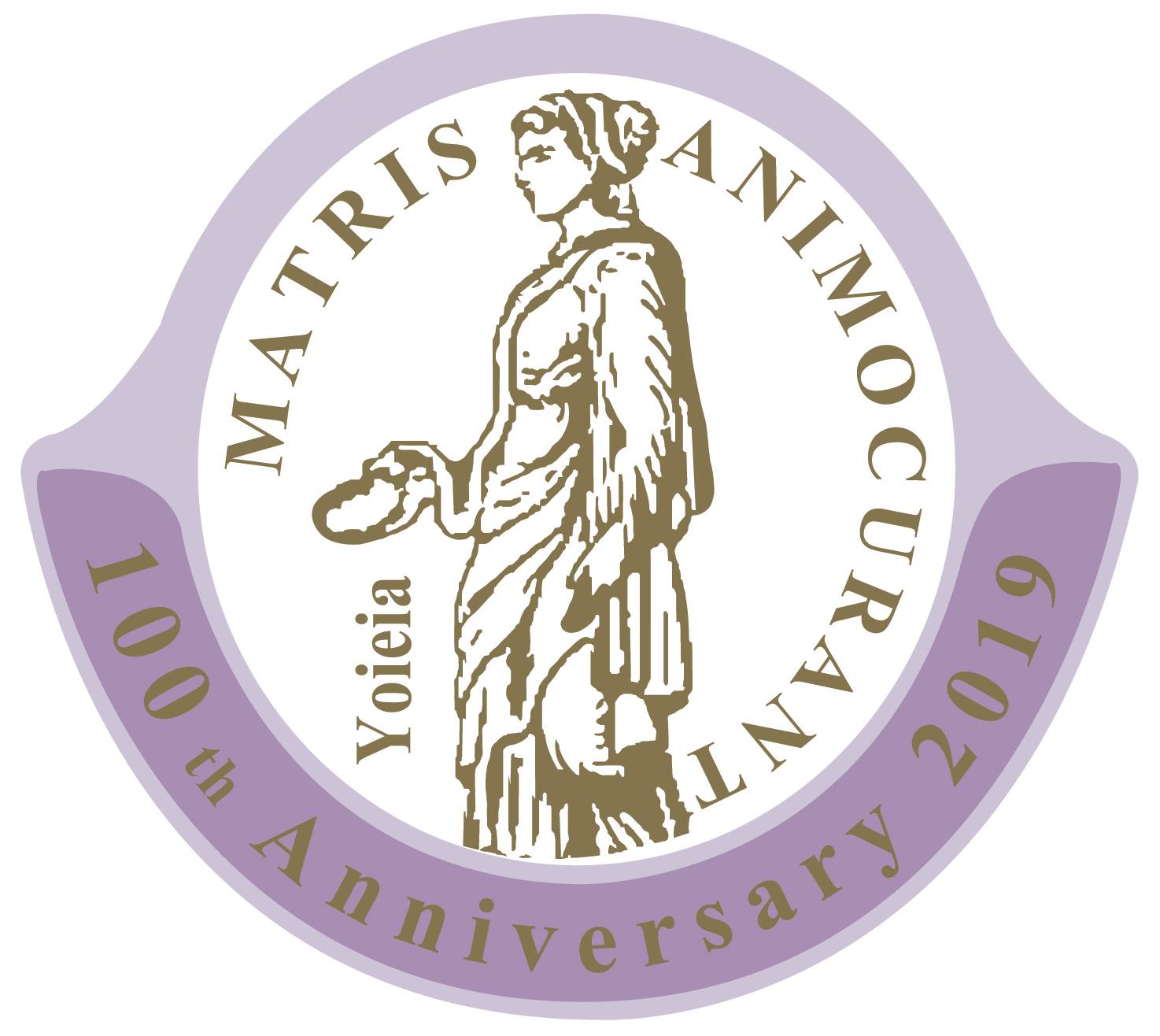Kenya medical Women’s Association was established in 1983 as an affiliate of MWIA. It exists to champion the health of women, girls and the vulnerable.
Though the COVID-19 pandemic has caused challenges it has also provided opportunities for the Association in some instances. KMWA has worked with the Ministry of Health and other partners to name a few the UNFPA and UNWOMEN to support the COVID-19 response. At the national level the Association developed a Guidance Note which contained several areas and supported the MOH in several technical committees. With the UNFPA and UNWOMEN support, the Association has supported women in informal settlements of Nairobi with soap, sanitizers and menstrual hygiene commodities. The activities included developing gender responsive quarantine and isolation guidelines, engendered IEC/BCC material for COVID 19 IPC adaptation by CHWs for use in Risk Communication and Community Engagement. KMWA is a member of the Gender Committee and GBV Taskforce for COVID-19 response.
In supporting frontline workers, KMWA established a tele-counselling and toll-free hotline this was integrated by establishment of a small Rescue Centre which can house four (4) survivors at one point in time. The activities included training of women and adolescents in microeconomic area to support then in economic empowerment having lost jobs and small trades. The beneficiaries were trained in soap making in small groups and given soap making chemicals to start them off. This gave them alternative skills that has been relevant and supported vulnerable households. The activities are still ongoing. Menstrual hygiene management and advocacy on GBV has also been scaled up during the period of C19.
KMWA is working to support a selected counties with HPV vaccination rollout and Gender and Sexual based violence especially the escalating teen pregnancies and advocated for policy on Maintaining Essential Health Services that were initially completely inaccessible to women with reproductive health needs or undergone GBV. The services were also inaccessible to those with NCDs or HIV/TB or requiring PMTCT and ART.
As the gendered dimensions of COVID-19 are increasingly recognized, efforts to situate gender-based violence (GBV) within the pandemic remain inadequate. It is critical to first acknowledge that the drivers and impacts of COVID-19 and GBV do not occur in isolation. It is not the infection of COVID-19 that increases the risk of GBV but rather the gender-insensitive systems and policies that magnify the risk. Based on the knowledge that the public health crises of violence and infectious disease are intersecting, we use a syndemic perspective to examine their shared influence in humanitarian settings. With this in mind, the KMWA will continue to examine and analyse the intersection of the COVID-19 and GBV to inform and strengthen ongoing responses.
KMWA is accelerating and intensifying advocacy to governments to expedite policy and non-policy actions to root out the vice of gender and sexual-based violence. It must be noted that this is not a women’s issue; it is a global agenda that demands urgent action.

